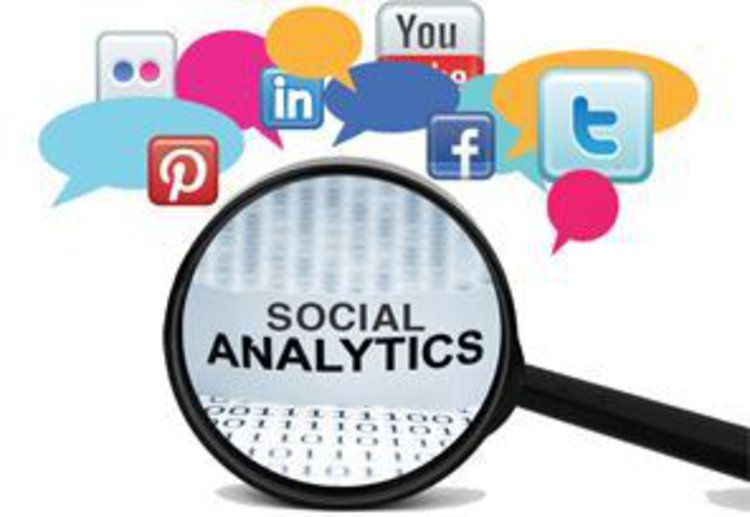Blog and News > marketing > Analytics Important for Social Media Too
Analytics Important for Social Media Too
Most businesses know that they should have a website and a social media policy, but it is all too common for SMEs, in particular, to simply nominate a tech-loving member of staff to take care of the company’s social media profiles, and to then forget about the issue of social media altogether. This is a big mistake, because it means that not only is there the risk of an off-hand comment or thoughtless retweet turning into a PR-disaster for the brand, but it also means that you could be missing out on some valuable traffic sources and information.

Analytics and Social Media
In the right hands, social networks are a goldmine of information. Every time someone makes a post on their favourite social networks, they leave behind a clear digital footprint. Every time someone else sees or comments on that content, it adds a little more information to the web that is that person’s online profile. Armed with that information, it is possible to create some laser-targeted marketing campaigns.
The power of the targeting tools offered by social networks such as Facebook is astounding, and if you combine that with analytics - either the on-site analytics provided by Twitter and Facebook, or off-site analytics services such as Google Analytics or Klout - you get some incredibly detailed insights into the kinds of people that are engaging with your brand.
Most people think that analytics is something that should be reserved for plain website traffic, but social media is a great platform for analysis too. Once you know who is reading your content, who is sharing it and who is invested enough in your brand to take the time to comment, you can tailor your marketing efforts to those people. This has the effect of improving your advertising ROI, your social media reach and hopefully your organic traffic too.
Influence Matters
Another benefit of using analytics for your social media accounts is that it allows you to quantify the impact that your social media engagement and influence is actually having on your bottom line. Simply saying “I have 1,000 Twitter followers and got 20 retweets today” is useless unless you know how that will translate into lead generation or actual conversions. Using analytics, you can place an estimated value on engagement, and that will make it easier for you to focus your social media marketing efforts and prioritize your ad spend.
Tim Langley